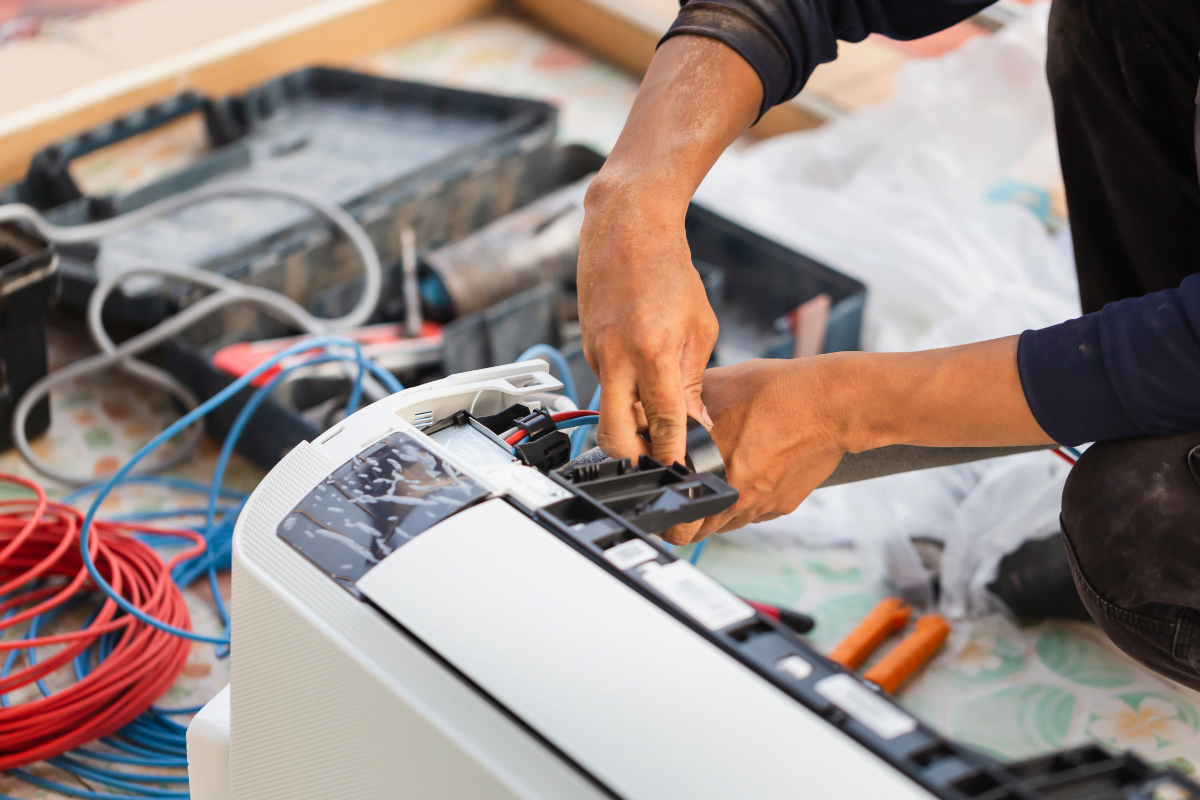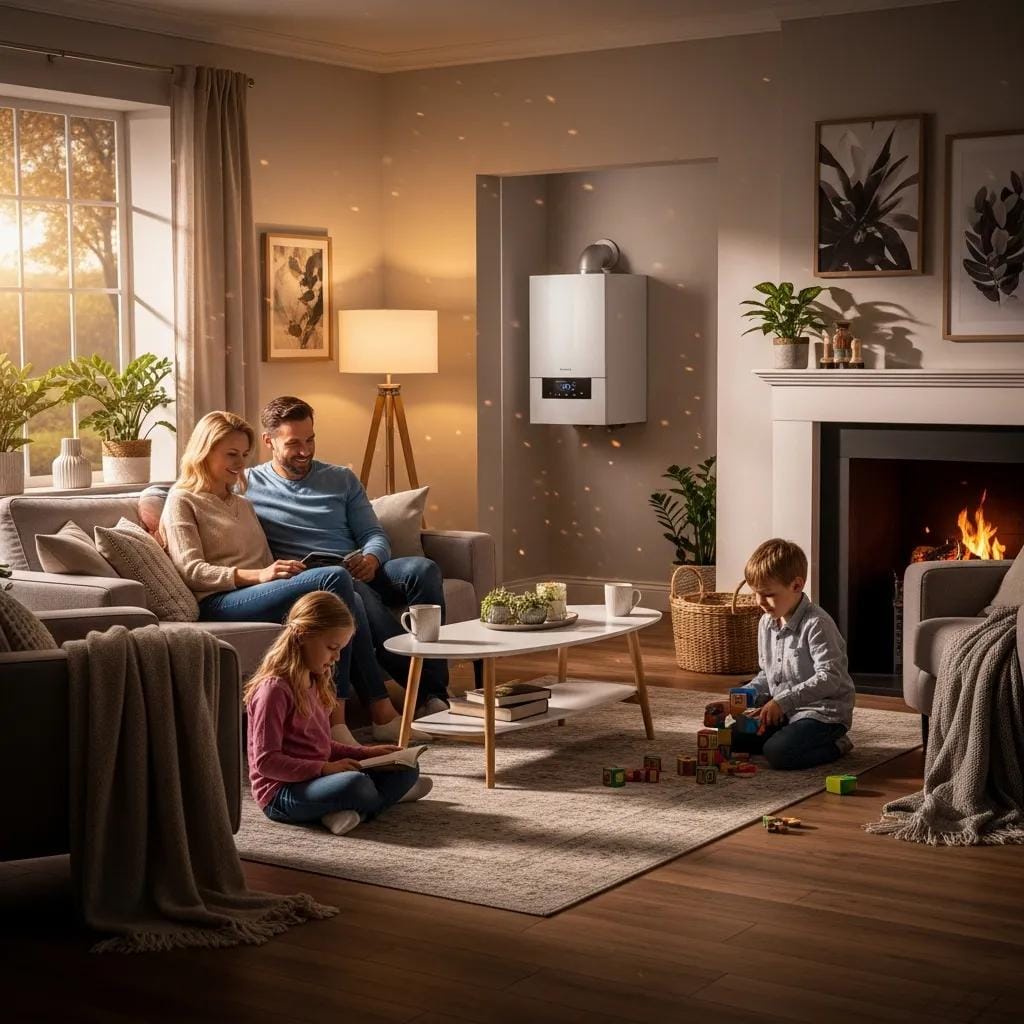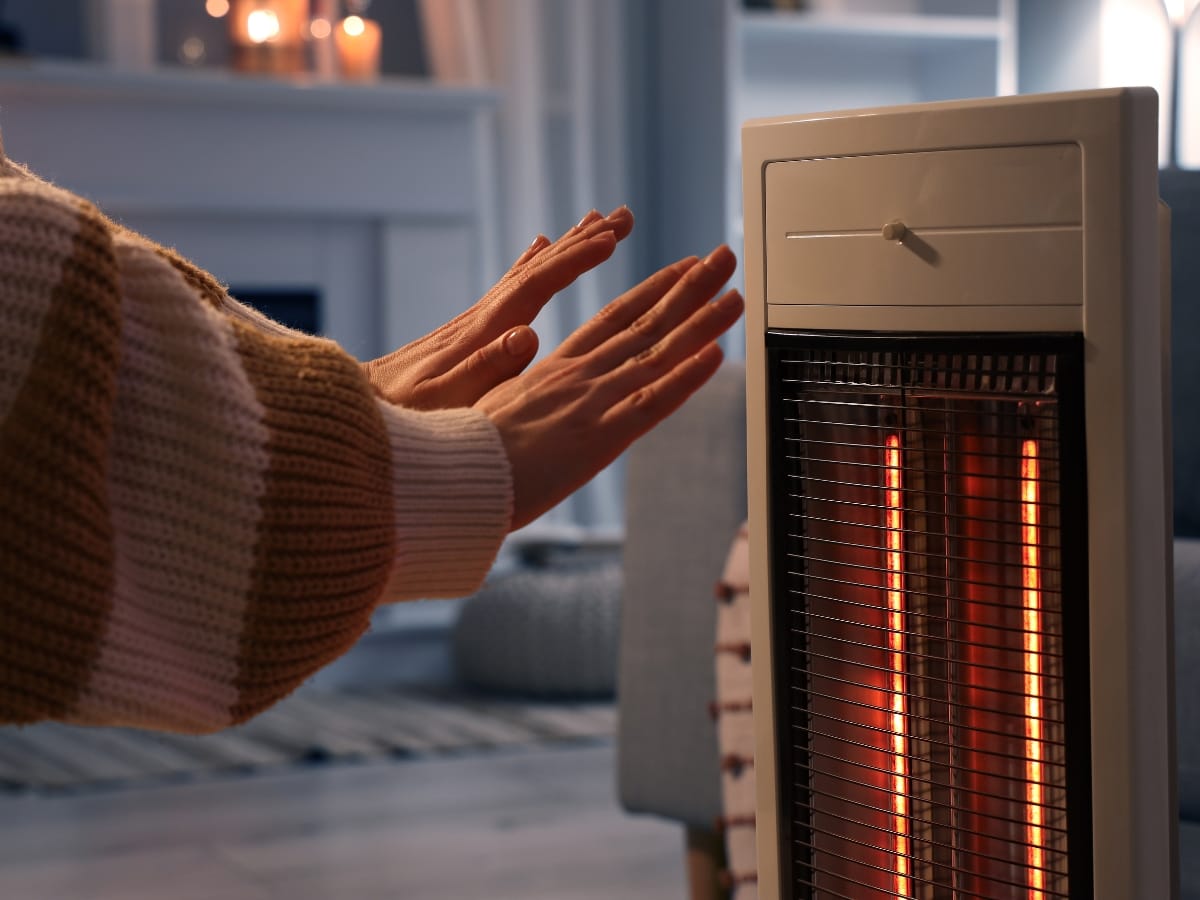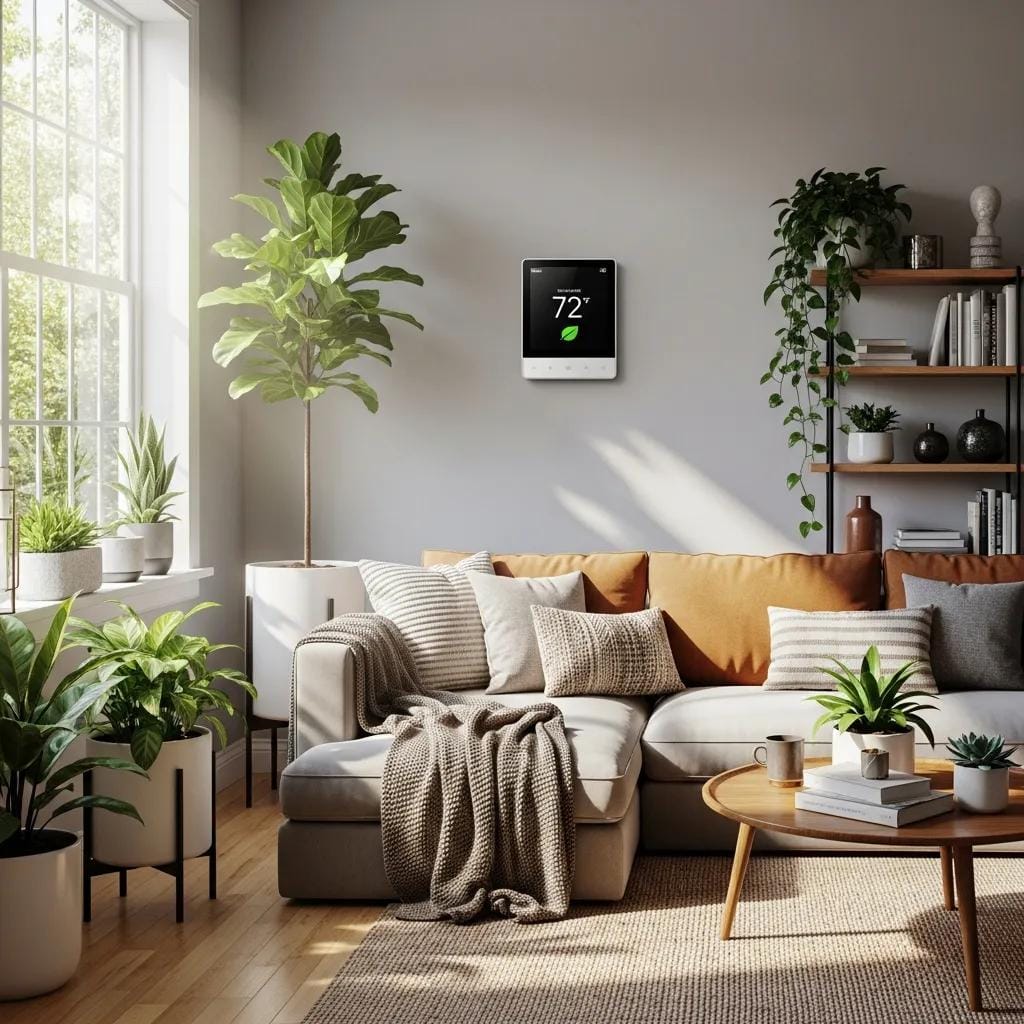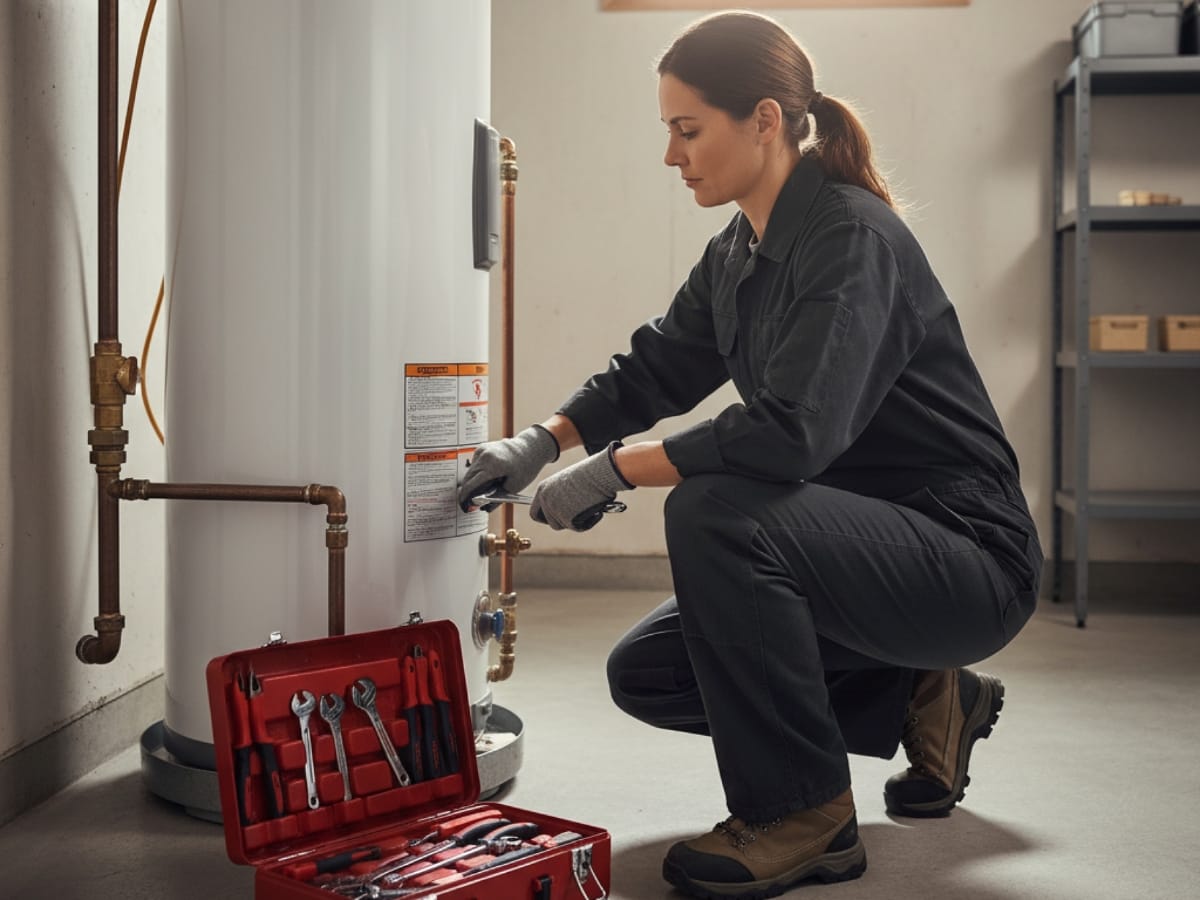When it comes to keeping your home comfortable year-round, your HVAC system plays a vital role. No one wants to suffer through scorching hot summers or freezing cold winters because their HVAC system is on the fritz. That’s why regular maintenance is crucial to ensure that your system keeps running smoothly. But where do you start? Don’t worry, we’ve got you covered with these HVAC maintenance tips that will not only help you avoid costly repairs but also extend the lifespan of your equipment.
Whether you’re a homeowner or a renter, these simple yet effective strategies will not only save you money in the long run but also provide peace of mind knowing that your HVAC system is in its best shape possible.
Let’s dive into some expert HVAC maintenance tips and tricks!
Stay Comfortable All Year Round
Cleaning And Replacing Air Filters
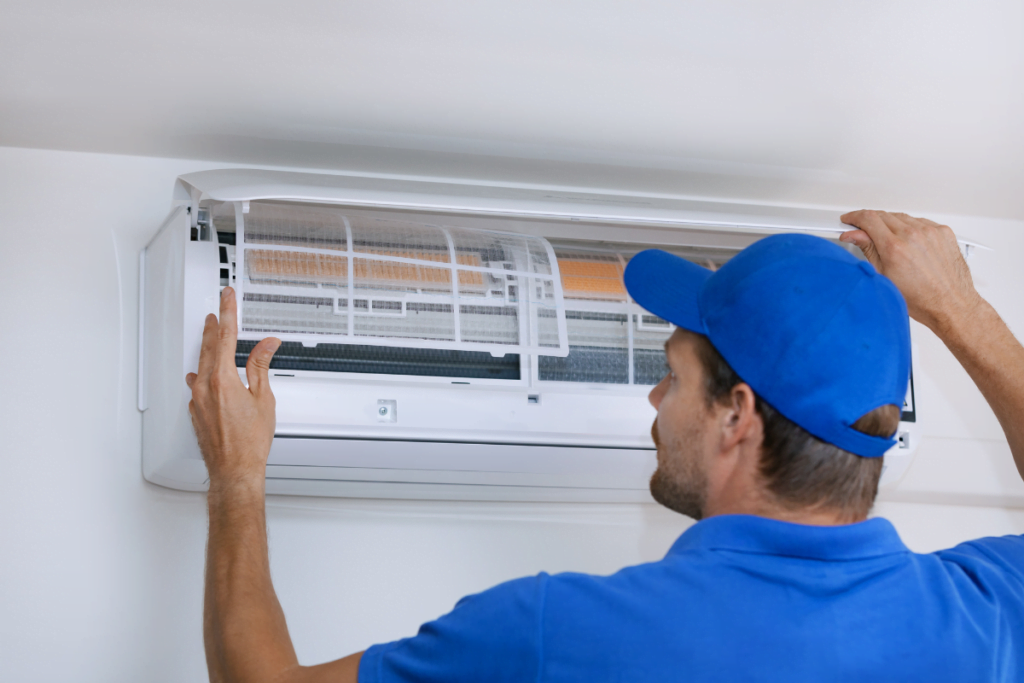
When it comes to HVAC maintenance tips, one crucial aspect that should not be overlooked is cleaning and replacing air filters. Regularly cleaning and replacing air filters is essential for keeping your HVAC system running smoothly and efficiently.
- Check the Manufacturer’s Guidelines: To ensure you are using the right type and size of air filters for your HVAC system, refer to the manufacturer’s guidelines. These guidelines will provide you with information on the recommended filter type, filter size, and how frequently you should clean or replace them.
- Regular Cleaning: If you have reusable air filters, cleaning them regularly is essential. Remove the filters from the HVAC system and gently clean them using a vacuum cleaner or by rinsing them with water. Allow the filters to dry completely before reinstalling them.
- Replacement Schedule: For disposable air filters, it’s important to establish a replacement schedule. This schedule may vary depending on factors such as the type of filter, the amount of pollutants in your environment, and the number of occupants in your home. Typically, disposable air filters should be replaced every one to three months.
- Proper Installation: When replacing air filters, ensure they are properly installed. Improperly installed filters can allow unfiltered air to bypass the filter, compromising the effectiveness of your HVAC system. Follow the manufacturer’s instructions to ensure a secure and proper fit.
By following these HVAC maintenance tips, you can keep your HVAC system running smoothly and efficiently. Regular cleaning and replacing of air filters will not only improve air quality but also enhance energy efficiency and extend the lifespan of your HVAC system. Incorporate this essential maintenance task into your HVAC maintenance routine for optimal performance and comfort.
Inspecting And Cleaning Ductwork
When talking about essential HVAC maintenance tips, one important aspect that is often overlooked is inspecting and cleaning ductwork. Keeping your ductwork clean and free from debris is crucial for the overall efficiency and performance of your HVAC system.
- Schedule regular inspections and cleanings with a professional HVAC technician. They have the knowledge and tools to thoroughly clean your ductwork and identify any hidden issues that may be affecting your system’s performance.
- Change your air filters regularly. Clogged filters can contribute to the buildup of debris in your ductwork. By replacing them as recommended by the manufacturer, you can prevent dirt and dust from entering the system and accumulating in the ducts.
- Keep your vents and registers clean. Vacuuming or wiping them regularly can prevent dust and dirt from entering the ductwork and spreading throughout your home or office.
- Consider investing in a duct cleaning service. This can be particularly beneficial if you have recently moved into a new property or if you have noticed a significant decrease in the performance of your HVAC system. In conclusion, inspecting and cleaning ductwork is an essential part of HVAC maintenance.
By keeping your ducts clean and free from debris, you can improve indoor air quality, enhance energy efficiency, extend the lifespan of your HVAC equipment, and prevent costly repairs. Don’t neglect this crucial aspect of HVAC maintenance and ensure that your systems are running smoothly for years to come.
Checking And Cleaning Outdoor Units
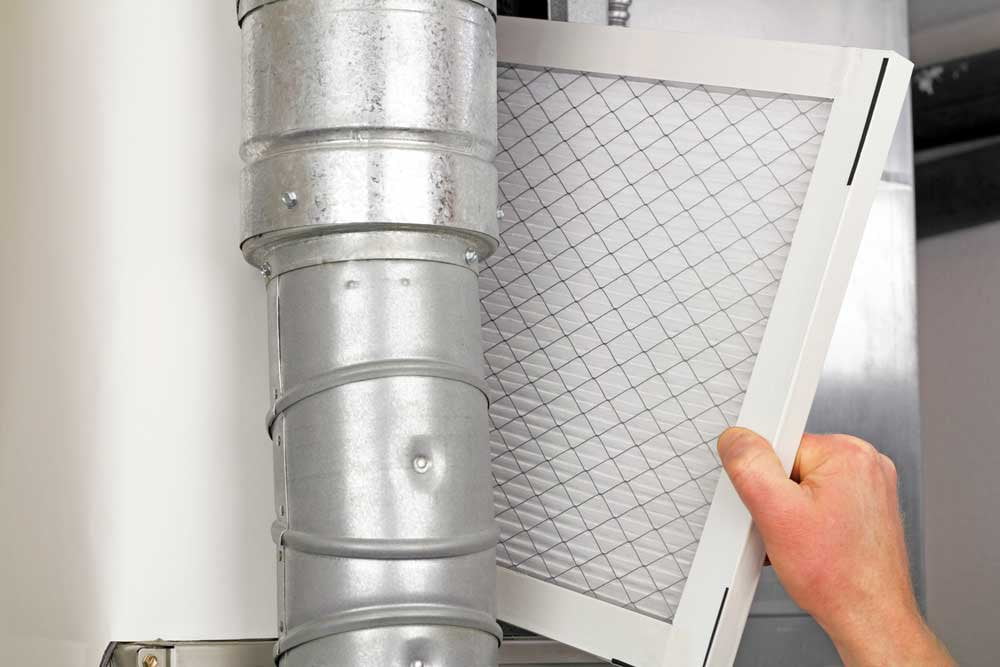
One crucial aspect of HVAC maintenance is checking and cleaning outdoor units. This is an essential step to ensure the smooth operation and longevity of your HVAC system. In these HVAC maintenance tips, we will provide you with a detailed list of steps to follow when checking and cleaning your outdoor units.
- Turn Off the Power: Before you begin any maintenance work on your HVAC system, it is important to turn off the power. This will ensure your safety and prevent any accidents.
- Remove Debris: Outdoor units are prone to collecting leaves, dirt, and other debris over time. Start by removing any visible debris from the unit. Be careful not to damage any fragile components in the process.
- Clean the Fins: The fins on the outdoor unit can become dirty and clogged, affecting the airflow. Use a soft brush or a vacuum cleaner with a brush attachment to gently clean the fins. Avoid using excessive force or harsh cleaning agents that could damage the fins.
- Straighten Bent Fins: Over time, the fins on the outdoor unit can become bent, obstructing the airflow. Use a fin comb or a small tool to carefully straighten any bent fins. This will help improve the efficiency of your HVAC system.
- Check the Condenser Unit: Inspect the condenser unit for any signs of damage, such as cracks or rust. If you notice any issues, it is best to contact a professional HVAC technician for repair or replacement.
- Clear the Surrounding Area: Ensure that the area around the outdoor unit is clear of any obstructions. Trim any overgrown vegetation, remove any debris, and maintain a clearance of at least two feet around the unit. This will allow proper airflow and prevent any potential damage.
- Check the Refrigerant Lines: Inspect the refrigerant lines for any signs of leaks or damage. If you notice any issues, it is important to address them promptly to prevent further damage to your HVAC system.
- Schedule Regular Maintenance: While it is essential to perform basic maintenance tasks on your own, scheduling regular maintenance with a professional HVAC technician is crucial. They can perform a thorough inspection, clean the system more thoroughly, and address any potential issues before they become major problems.
By incorporating regular outdoor unit checks and cleaning into your HVAC maintenance routine, you can ensure that your system operates smoothly and efficiently. Don’t forget to consult your HVAC system’s manufacturer guidelines for any specific maintenance instructions.
Lubricating Moving Parts
To ensure optimal performance and longevity of your HVAC system, it is crucial to pay attention to the moving parts and keep them properly lubricated. Neglecting this aspect of maintenance can lead to increased friction, wear and tear, and eventual breakdowns. Here, we will provide you with some essential HVAC maintenance tips on lubricating the moving parts of your HVAC system. Here are some key points to remember:
- Identify the Moving Parts: Before you begin lubricating, it’s important to identify the various moving parts of your HVAC system. This may include the blower motor, fan motor, bearings, pulleys, and belts. Each component requires specific lubrication, so it’s crucial to familiarize yourself with the different parts.
- Choose the Right Lubricant: Not all lubricants are suitable for HVAC systems. It is recommended to use a high-quality HVAC lubricating oil or grease that is specifically designed for the said equipment. Avoid using WD-40 or similar products as they can attract dust and dirt, causing more harm than good.
- Follow Manufacturer’s Guidelines: Refer to the manufacturer’s guidelines or user manual to determine the recommended lubrication schedule and the type of lubricant to use for each moving part. Following these instructions will ensure that you are using the correct lubricant and applying it at the right intervals.
- Clean Before Lubricating: Before applying any lubricant, make sure to clean the moving parts thoroughly. Use a soft cloth or brush to remove any dirt, debris, or old lubricant residue. This step will help ensure that the lubricant can penetrate effectively and provide optimal lubrication.
- Apply Lubricant Sparingly: When applying the lubricant, remember that less is more. Applying too much lubricant can lead to excessive buildup and attract more dirt and debris. A thin, even layer of lubricant is usually sufficient to provide proper lubrication and reduce friction.
- Regular Maintenance: Lubricating the moving parts should be a part of your regular HVAC maintenance routine. Depending on the specific recommendations of your system, lubrication may be required annually or more frequently. Consistent maintenance will help prevent premature wear and extend the lifespan of your HVAC equipment.
By following these HVAC maintenance tips, you can ensure that the moving parts of your HVAC system are properly lubricated, reducing friction and promoting smooth operation. Remember, proper lubrication is just one aspect of comprehensive HVAC maintenance. It is essential to schedule regular professional inspections and cleanings to address any potential issues and ensure your system continues to operate at its best.
Testing And Calibrating Thermostat
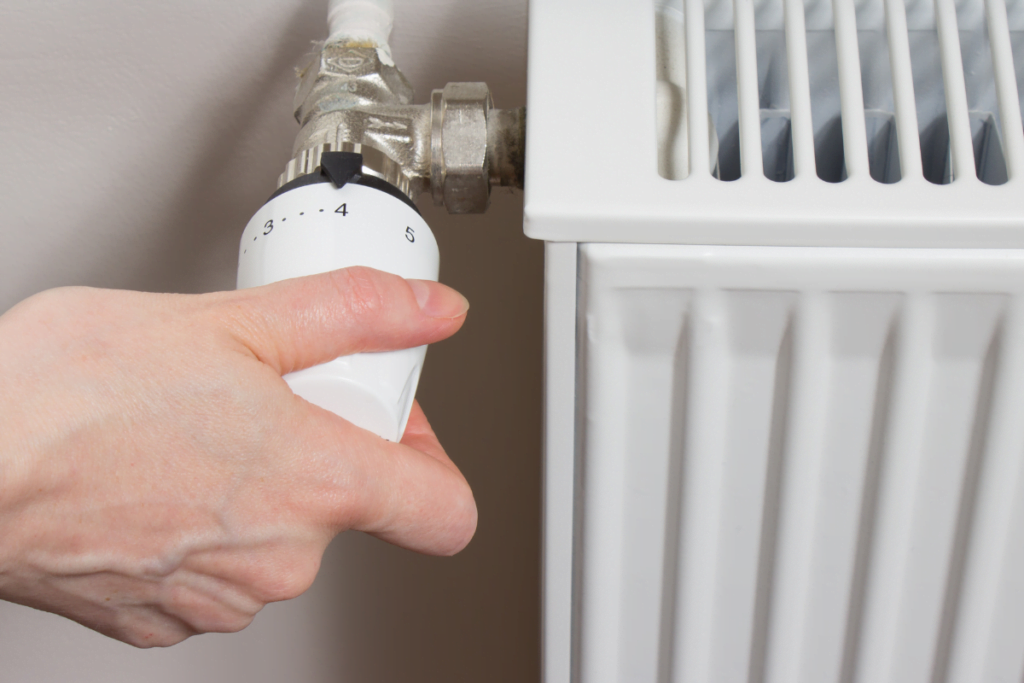
Testing and calibrating your thermostat is one of the HVAC maintenance tips that you shouldn’t overlook. By ensuring that your thermostat is functioning properly, you can optimize energy efficiency in your home and keep your HVAC system running smoothly. Here are some tips and tricks for testing and calibrating your thermostat:
- Check the Power Supply: Start by checking if your thermostat is receiving power. Make sure it is properly connected to a power source and that the batteries, if applicable, are not dead. A lack of power can cause your thermostat to malfunction or display incorrect temperature readings.
- Verify Temperature Accuracy: Use a separate thermometer to verify the accuracy of your thermostat’s temperature readings. Place the thermometer next to the thermostat and compare the readings. If there is a significant difference, you may need to recalibrate your thermostat.
- Calibrate Your Thermostat: Most modern thermostats allow you to adjust the temperature calibration. Refer to your thermostat’s manual to find the calibration settings. Follow the instructions provided to make the necessary adjustments. This will ensure that the temperature display matches the actual room temperature.
- Test the Heat and Cool Functions: Set your thermostat to both heating and cooling modes to test if the systems are functioning properly. Listen for any unusual noises or vibrations and check if the desired temperature changes are being achieved. If you notice any issues, it may be a sign of a malfunctioning thermostat or HVAC system.
- Check the Fan Settings: Test the fan settings on your thermostat to ensure that it is working as expected. You should be able to switch between auto and on modes, with the fan turning on and off accordingly. If the fan is not responding to the settings, there may be a problem with the thermostat or the fan itself.
- Consider Upgrading to a Programmable Thermostat: If you have an older thermostat, it may be worth considering an upgrade to a programmable thermostat. These thermostats offer more advanced features and functionalities, allowing you to set customized temperature schedules and save energy. Regularly testing and calibrating your thermostat is crucial for maintaining optimal HVAC performance and energy efficiency.
With these HVAC maintenance tips and tricks, you can ensure that your thermostat is accurately controlling your home’s temperature and keeping your HVAC systems running smoothly. Remember to consult your thermostat’s manual for specific instructions and contact a professional if you encounter any issues that you are unable to resolve on your own.
Scheduling Professional HVAC Tune-Ups
When maintaining your HVAC system, regular tune-ups are essential. Scheduling professional HVAC tune-ups ensures that your systems are running smoothly and efficiently, saving you money on energy bills and preventing costly repairs in the long run.
Here are some reasons why you should make it a priority to schedule professional HVAC tune-ups:
- Improved Energy Efficiency: Over time, HVAC systems can become less efficient due to wear and tear. A professional tune-up will optimize the performance of your systems, ensuring that they are running at their peak efficiency. This will help you save money on your energy bills by reducing energy consumption.
- Extended Lifespan: Regular maintenance can significantly extend the lifespan of your HVAC systems. During a tune-up, the technician will inspect and clean various components of your system, such as the filters, coils, and fan blades. This helps prevent unnecessary wear and tear, ultimately prolonging the life of your equipment.
- Enhanced Indoor Air Quality: Your HVAC system plays a crucial role in maintaining indoor air quality. During a professional tune-up, the technician will check and clean your system’s air filters, removing any built-up dirt, dust, or allergens. This will help ensure that the air circulating in your home is clean and healthy for you and your family.
- Early Detection of Issues: Regular HVAC tune-ups allow technicians to identify and address any potential issues before they become major problems. They will inspect all components of your system and look for signs of wear, leaks, or other issues that could lead to a system breakdown. By catching these problems early on, you can avoid costly repairs and inconveniences down the line.
- Warranty Compliance: Many HVAC manufacturers require regular professional maintenance as a condition for honoring warranty claims. By scheduling regular tune-ups with a professional technician, you can ensure that you comply with the warranty requirements, protecting your investment in the system.
Scheduling professional HVAC tune-ups should be a top priority for homeowners. By investing in regular maintenance, you can improve energy efficiency, extend the lifespan of your systems, enhance indoor air quality, detect issues early on, and comply with warranty requirements. So, don’t overlook the importance of scheduling professional tune-ups for your HVAC system.
HVAC Maintenance Tips: Ensuring Longevity And Efficiency Of Your HVAC System
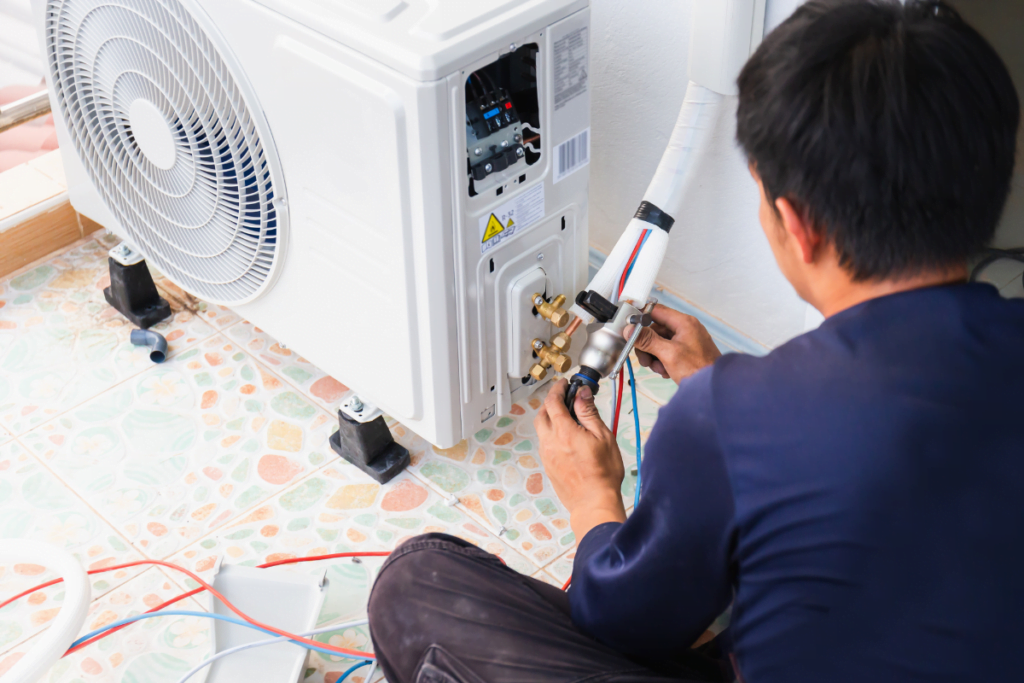
Don’t let your system suffer from neglect or perform below its potential. When it comes to HVAC maintenance tips, there’s one name you can trust: Cool Pro Heating and Cooling.
Our team of skilled technicians is dedicated to optimizing your HVAC system’s performance, ensuring it runs smoothly year-round. With our profound knowledge and industry expertise, we provide tailored maintenance solutions that go above and beyond, leaving no stone unturned.
By choosing Cool Pro, you’re making a wise investment in your comfort and savings. Say goodbye to skyrocketing energy bills and unexpected breakdowns. Our meticulous maintenance approach guarantees enhanced efficiency, improved air quality, and extended system lifespan.
Don’t settle for subpar HVAC performance. Reach out to Cool Pro Atlanta through our website or call our friendly representatives. Let us handle your HVAC maintenance needs, so you can enjoy a perfectly tempered home or office environment while reaping the benefits of reduced energy costs.
Trust Cool Pro for unparalleled expertise and exceptional service!

